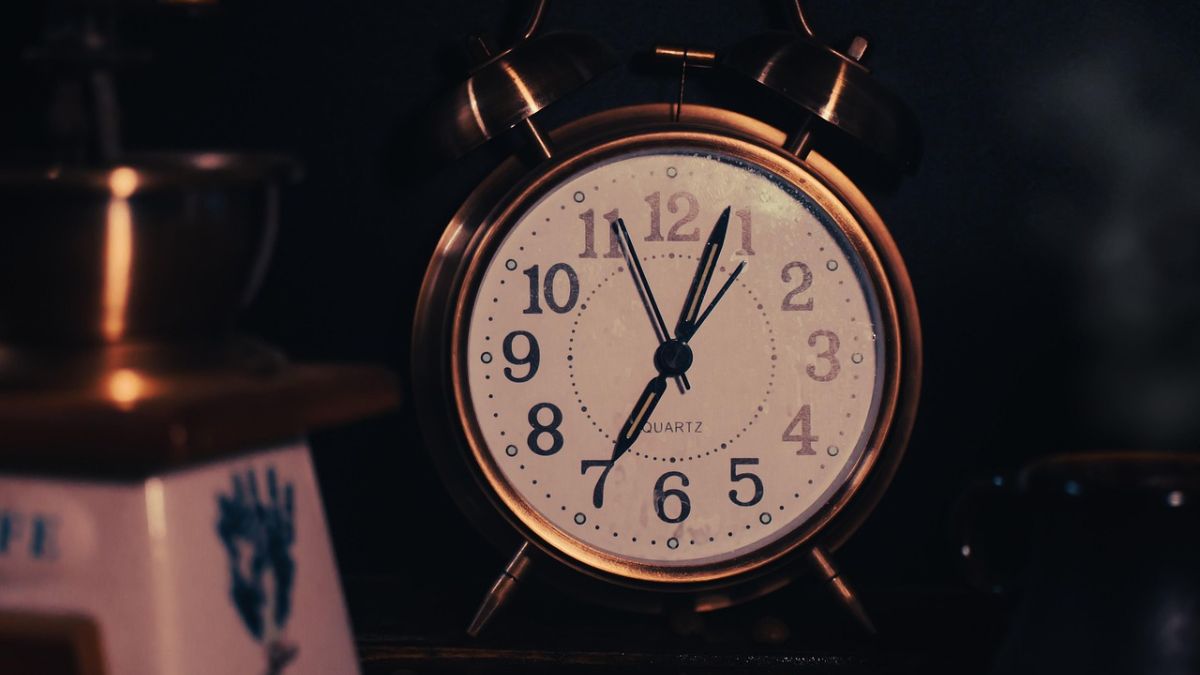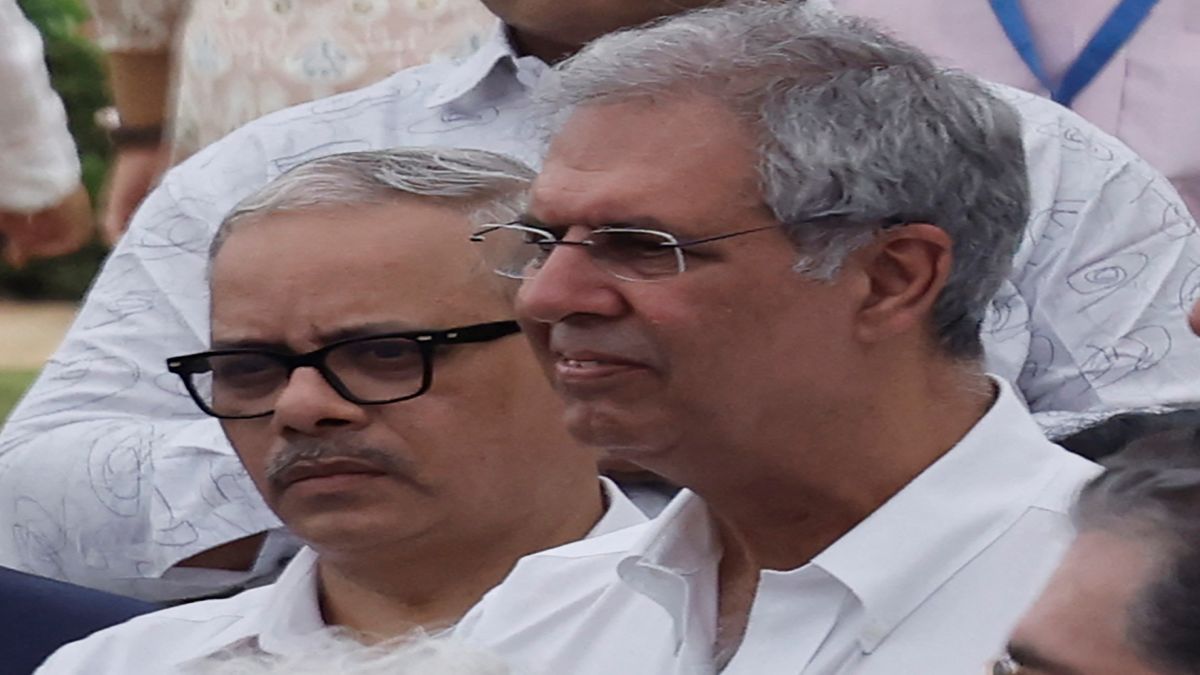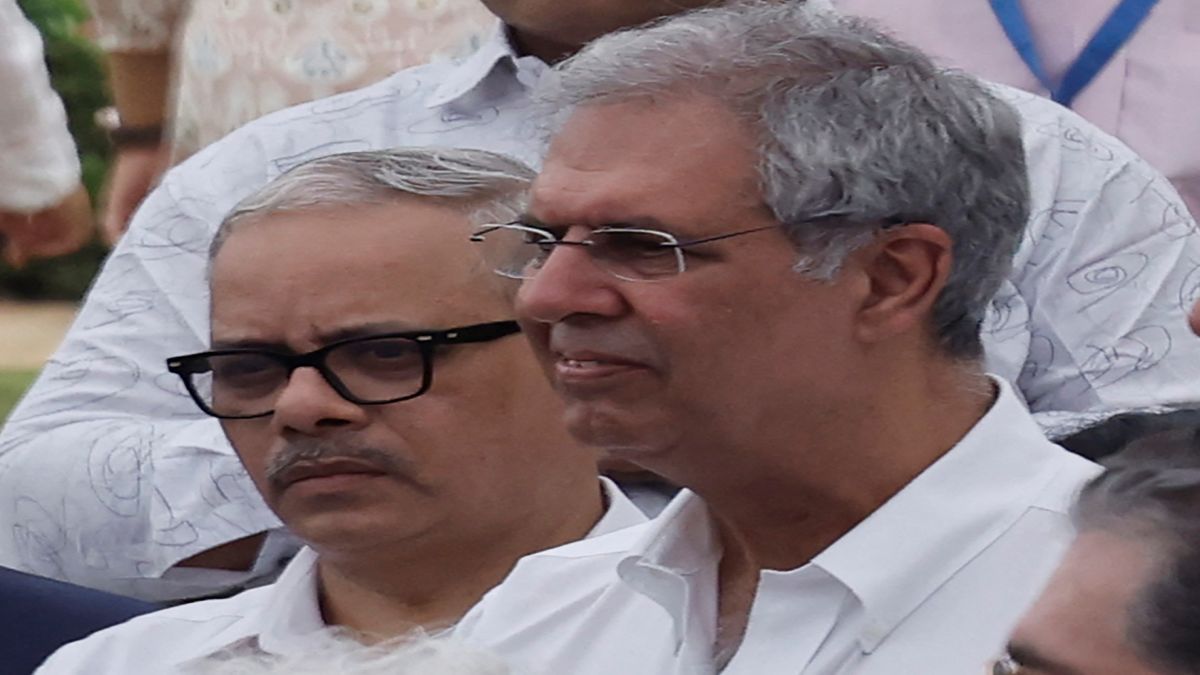The divisions within the United States have increasingly come out in the open since President Donald Trump’s re-election last November. Daylight saving time (DST) is another topic that has received no consensus in the country.
While Trump vowed last year to end America’s semiannual clock changes, the US Congress remains at an impasse over daylight saving time. For now, the practice of turning back the clocks has come to an end for this year.
Let’s take a closer look.
What is daylight saving?
Daylight saving is the annual clock change to make use of the natural sunlight.
It occurs on the second Sunday of March and ends on the first Sunday of November. The clocks advance by one hour in March, and go backwards one hour in November.
There is a debate over the exact beginning of the practice. As per CBS News, some theories are that farmers wanted more daylight or cited various proponents of getting up earlier in the day.
Germany started observing daylight saving time in 1916 during World War I, with the aim of conserving energy.
Daylight saving time was also first introduced in the UK at the same time to save energy and maximise the amount of daylight in the working day.
It was formally introduced in the US in 1966. Besides the US and most of Europe, parts of Canada, Latin America and the Caribbean also observe DST.
Today, around 70 countries and more than a quarter of the world’s population follow DST, as per BBC.
This year, daylight saving time ended on Sunday, November 2, at 2 am EST (12:30 pm IST). With this, people in the US gained an hour as clocks fell back.
Impact Shorts
More ShortsMany digital clocks automatically reset overnight, but watches or clocks may need to be manually adjusted. Darkness will come earlier in the evening, and sunrise in the morning will also be earlier.
Debate in the US over daylight saving time
A debate in the US over daylight saving time has been raging for years.
In April, President Trump urged Congress in a Truth Social post to “push hard for more Daylight at the end of a day,” calling the twice-yearly clock change “a big inconvenience and, for our government, a very costly event.”
Last week, the US Senate blocked bipartisan legislation to make daylight saving time permanent.
Senator Tom Cotton (R-Arkansas) objected to the passage of the “Sunshine Protection Act,” sponsored by Senator Rick Scott (R-Florida) and a bipartisan group of lawmakers. The bill would end the clock changes by letting states adopt year-round daylight saving time.
“The American people are sick and tired of changing their clocks twice a year,” said Senator Scott (R-Florida), the lead sponsor of the bipartisan bill. “With President Trump committed to finally lock the clock, we can finally get this done.”
However, Senator Cotton blocked Scott’s effort, saying: “Not every human problem has a legislative solution.” He argued that Americans would need to live “with an uneasy compromise” and accept the regular clock changes.
A previous version of the Sunshine Protection Act passed the Senate in 2022 but stalled in the House of Representatives.
Only the US Congress has the power to change the country’s time code, meaning Trump cannot just issue an executive order.
About 19 states have okayed measures to adopt year-round daylight saving time if Congress passed a bill making it permanent nationwide, Washington Post reported, citing the National Conference of State Legislatures.
In the 1970s, lawmakers adopted permanent daylight saving time, only to roll back the change after 10 months following several reports of children waiting in the dark for school buses to arrive.
A recent AP/NORC poll found that just 12 per cent of Americans prefer the current system, while 47 per cent oppose it. The remainder said they were neither opposed nor in favour.
Fifty-six per cent of Americans say they would favour year-round DST, with more light in the evening and less in the morning. Whereas, 42 per cent want year-round standard time, with more light in the morning and less at night.
In the US, two states and several territories do not observe daylight saving time. Hawaii, most of Arizona and US territories such as Puerto Rico and Guam are on permanent standard time.
DST’s impact on sleep, health
Health groups and sleep experts recommend ending the practice of annual clock changes. Many experts prefer staying in standard time permanently over daylight saving time as the former better suits the body’s natural rhythms.
Research suggests that clock changes may adversely impact people’s health.
“The internal body clock essentially aligns itself to the solar clock — the external light-dark environment,” Dr Michael Mak, a psychiatrist and sleep medicine specialist at the Centre for Addiction and Mental Health, told CBC News.
“Any mismatch between your internal body clock and the external light-dark cycle translates to significant health issues.”
Health experts point out that time changes are linked with drowsy behaviour, motor-vehicle accidents and workplace injuries, as well as an elevated risk of heart attack and other potential health issues.
The American Academy of Sleep Medicine has warned that making daylight saving time permanent would be unhealthy, referring to risks such as higher rates of obesity or metabolic dysfunction. They say year-round standard time is the healthier option, as per Washington Post.
Research shows that the shift to DST is associated with a rise in the risk of heart attack, stroke and digestive system problems, as well as issues around childbirth and pregnancy.
A study estimated that losing an hour of sleep when the clocks are moved forward in spring increased the risk of fatal traffic accidents by 6 per cent.
Evidence has shown the spring change to DST is more harmful than gaining an hour in the fall, University of Ottawa associate professor Rebecca Robillard, who directs clinical sleep research at the school’s Institute of Mental Health Research (IMHR), said, as per CBC News.
“We’re losing an hour of sleep time in many cases,” she told The Dose host Dr Brian Goldman.
“This is important because a lot of the population is already sleep deprived to start with,” Robillard added.
With inputs from agencies


)

)
)
)
)
)
)
)
)



